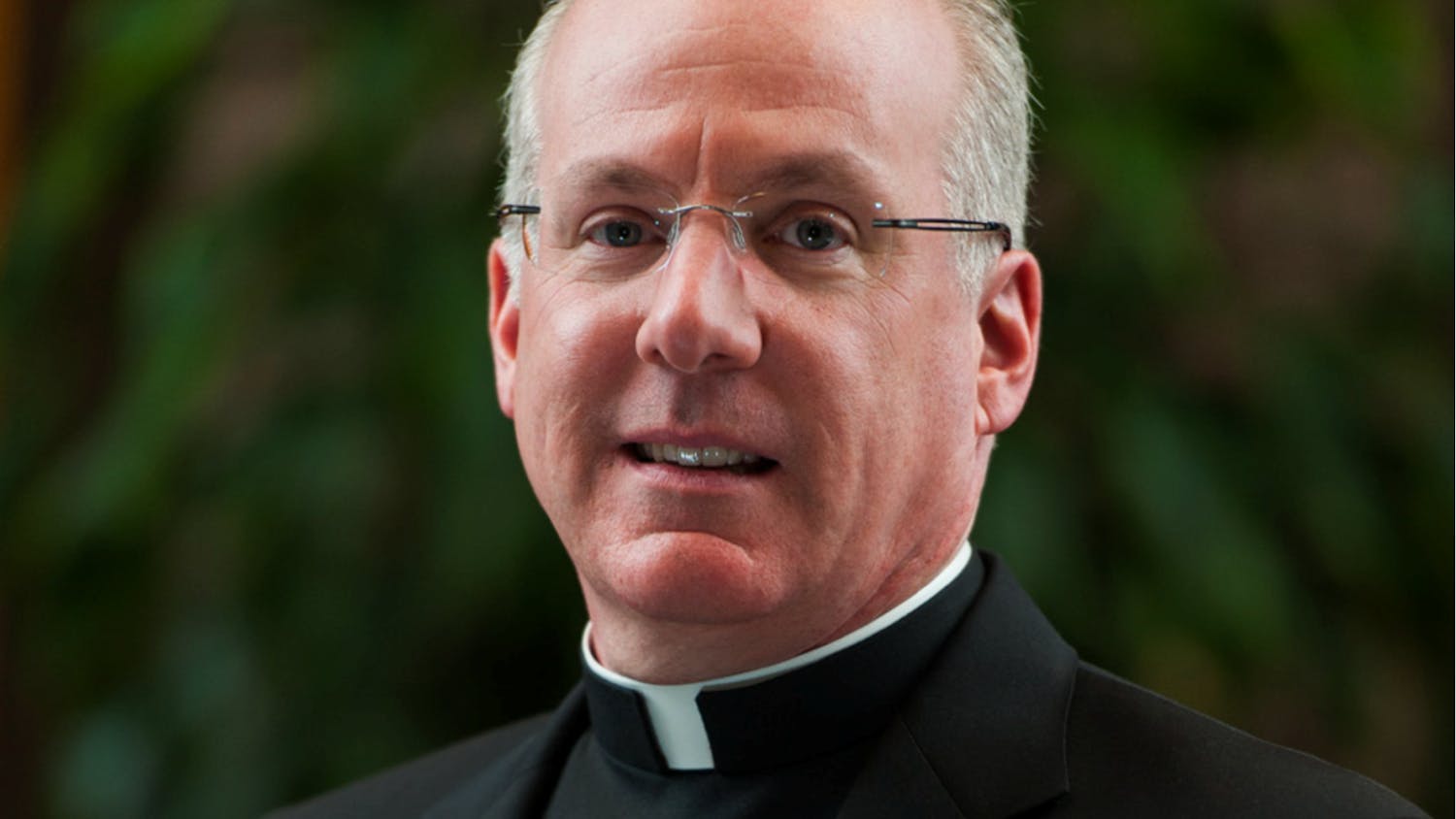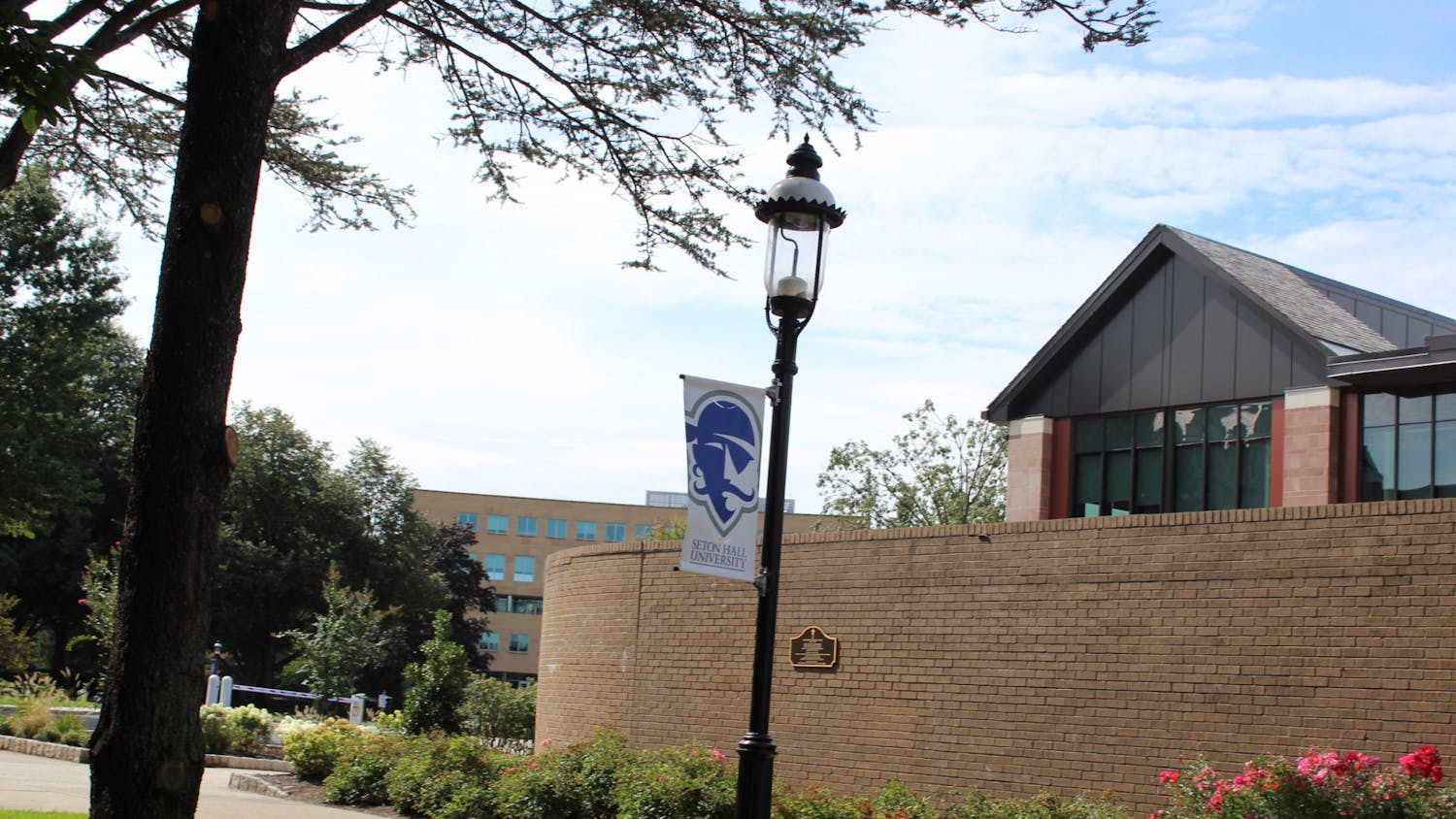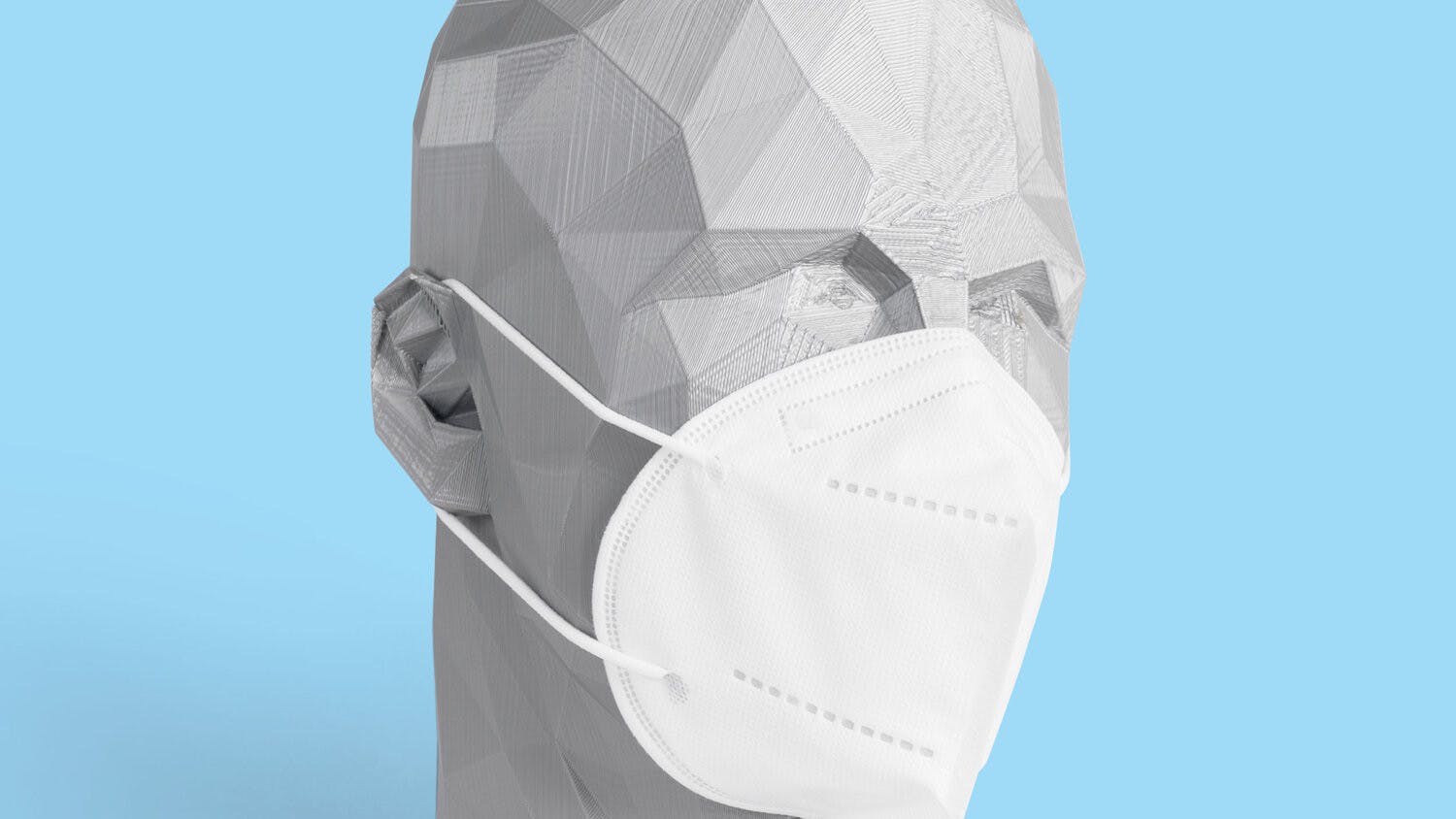[caption id="attachment_15941" align="aligncenter" width="838"] Greg Medina/Asst. Photography Editor[/caption]
Many students entering college are spending hundreds of dollars on preparing, taking and sending in their SAT scores. But are they really as important as every high school guidance counselor makes them out to be?
Some liberal arts schools, including Bates College, Bowdoin College and Bryn Mawr College have begun to place less emphasis on test scores.
Approximately 78 percent of universities still consider standardized test scores important but also evaluate them along with transcripts, according to Petersons.com, an education company that offers information about schools, scholarships and standardized test preparation. SHU has been and will continue to be one of the schools that requests SAT scores, said Dr. Alyssa McCloud, vice president of Enrollment Management.
According to McCloud, the United States is one of the only developed countries without a standardized K-12 educational curriculum, so this can often lead to discrepancies when applying for college.
It can be difficult for a college to make a decision between two students who, on paper look the exact same academically, but in real life, one student may have had a simpler curriculum. This is where the SAT steps in. The standardized test makes it easier for colleges to properly evaluate students.
Grade point averages (GPA) are cultivated over four years and measure effort, focus and diligence, whereas your SAT score is acquired in a matter of hours and is generally believed to simply reflect aptitude. Often, a SAT score reveals whether a GPA and transcript are accurate representations of academic ability.
Admissions officers use SAT and ACT scores to figure out if the grades were inflated or not.
According to McCloud, the average SAT score for last year’s incoming freshman class was 1,144 on a 1,600 scale, while this year’s freshman average was 1,153 on a 1,600 scale. That is with increased application rate. This year was SHU’s most selective year, as McCloud said that the acceptance rate dropped from 76 percent to 67 percent.
SHU’s incoming freshman class had impressive SAT scores and GPAs.
McCloud said that because SHU is a University with so many professional programs, using the “metric data” of how well students perform in a testing environment is predictive of how well a student will do. But some students do not believe that the SAT is a fair measure of knowledge.”
A study done by the National Association for College Admission Counseling (NACAC) found that larger institutions tend to consider test scores more intently, while small exclusive schools are likely to place equal importance on all aspects of your application, including the scores.
“I don’t know if we will ever not have SAT’s or ACT’s. Even if we don’t we will still have some kind of test that is similar,” said Samantha Innamorato, a freshman communications major. She added that her future bosses will not reject her because of her past SAT scores.
“The SAT is important. I don’t like it, but I know we need it,” said Innamorato.
McCloud said SHU takes a more “holistic view” of its applicant pool and takes the time to look at the entirety of an incoming student’s transcript.
The admission staff looks at the SAT, GPA, admissions essay, extra-curricular activities, any hardships or problems that caused a student to struggle, and especially community service.
McCloud said that the best way to get into any school, but especially Seton Hall, is to set up an interview between the incoming student and its admission counselor. The interview is often the best way to show a school that you are interested. If you make friends with your admissions counselor they can advocate for you even if you do not necessarily have the best scores.
Mariah McCloskey can be reached at mariah.mccloskey@student.shu.edu.
Greg Medina/Asst. Photography Editor[/caption]
Many students entering college are spending hundreds of dollars on preparing, taking and sending in their SAT scores. But are they really as important as every high school guidance counselor makes them out to be?
Some liberal arts schools, including Bates College, Bowdoin College and Bryn Mawr College have begun to place less emphasis on test scores.
Approximately 78 percent of universities still consider standardized test scores important but also evaluate them along with transcripts, according to Petersons.com, an education company that offers information about schools, scholarships and standardized test preparation. SHU has been and will continue to be one of the schools that requests SAT scores, said Dr. Alyssa McCloud, vice president of Enrollment Management.
According to McCloud, the United States is one of the only developed countries without a standardized K-12 educational curriculum, so this can often lead to discrepancies when applying for college.
It can be difficult for a college to make a decision between two students who, on paper look the exact same academically, but in real life, one student may have had a simpler curriculum. This is where the SAT steps in. The standardized test makes it easier for colleges to properly evaluate students.
Grade point averages (GPA) are cultivated over four years and measure effort, focus and diligence, whereas your SAT score is acquired in a matter of hours and is generally believed to simply reflect aptitude. Often, a SAT score reveals whether a GPA and transcript are accurate representations of academic ability.
Admissions officers use SAT and ACT scores to figure out if the grades were inflated or not.
According to McCloud, the average SAT score for last year’s incoming freshman class was 1,144 on a 1,600 scale, while this year’s freshman average was 1,153 on a 1,600 scale. That is with increased application rate. This year was SHU’s most selective year, as McCloud said that the acceptance rate dropped from 76 percent to 67 percent.
SHU’s incoming freshman class had impressive SAT scores and GPAs.
McCloud said that because SHU is a University with so many professional programs, using the “metric data” of how well students perform in a testing environment is predictive of how well a student will do. But some students do not believe that the SAT is a fair measure of knowledge.”
A study done by the National Association for College Admission Counseling (NACAC) found that larger institutions tend to consider test scores more intently, while small exclusive schools are likely to place equal importance on all aspects of your application, including the scores.
“I don’t know if we will ever not have SAT’s or ACT’s. Even if we don’t we will still have some kind of test that is similar,” said Samantha Innamorato, a freshman communications major. She added that her future bosses will not reject her because of her past SAT scores.
“The SAT is important. I don’t like it, but I know we need it,” said Innamorato.
McCloud said SHU takes a more “holistic view” of its applicant pool and takes the time to look at the entirety of an incoming student’s transcript.
The admission staff looks at the SAT, GPA, admissions essay, extra-curricular activities, any hardships or problems that caused a student to struggle, and especially community service.
McCloud said that the best way to get into any school, but especially Seton Hall, is to set up an interview between the incoming student and its admission counselor. The interview is often the best way to show a school that you are interested. If you make friends with your admissions counselor they can advocate for you even if you do not necessarily have the best scores.
Mariah McCloskey can be reached at mariah.mccloskey@student.shu.edu.





